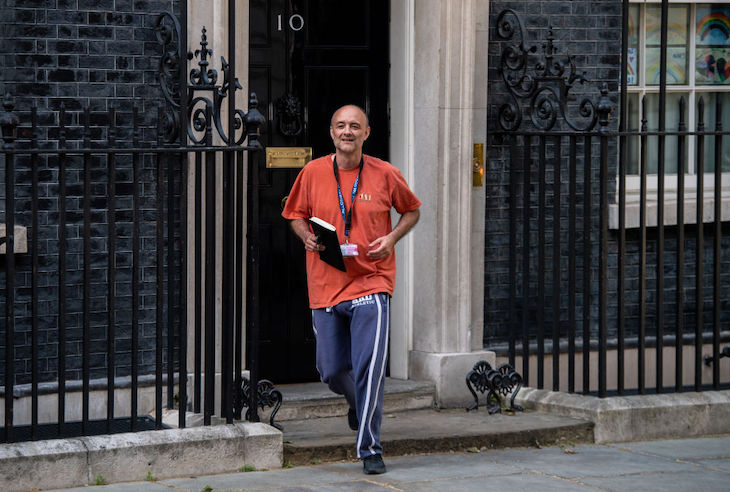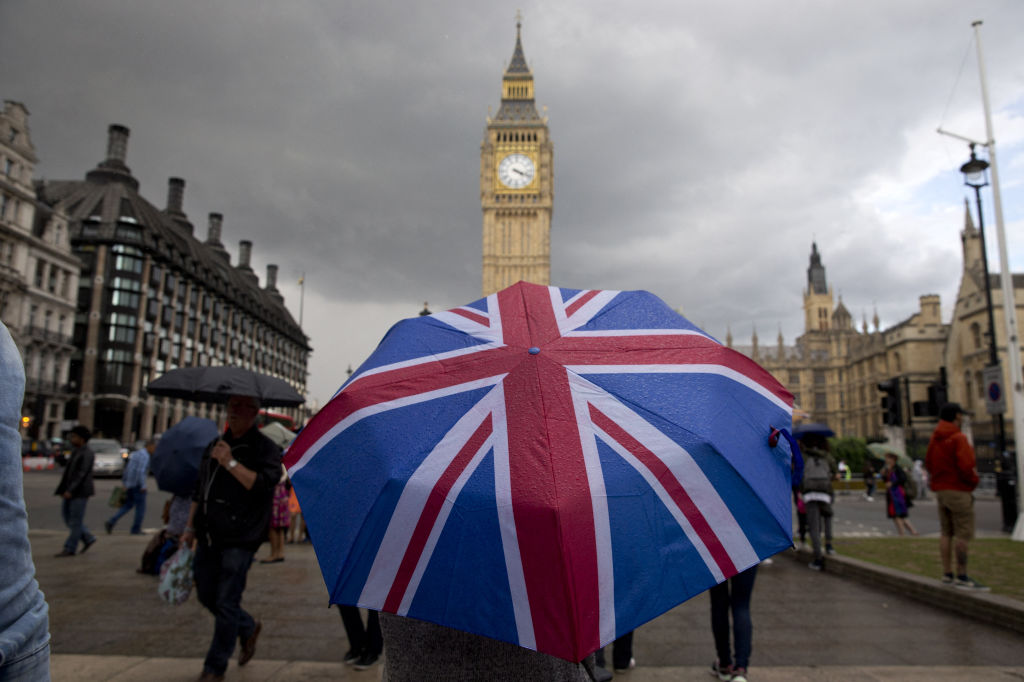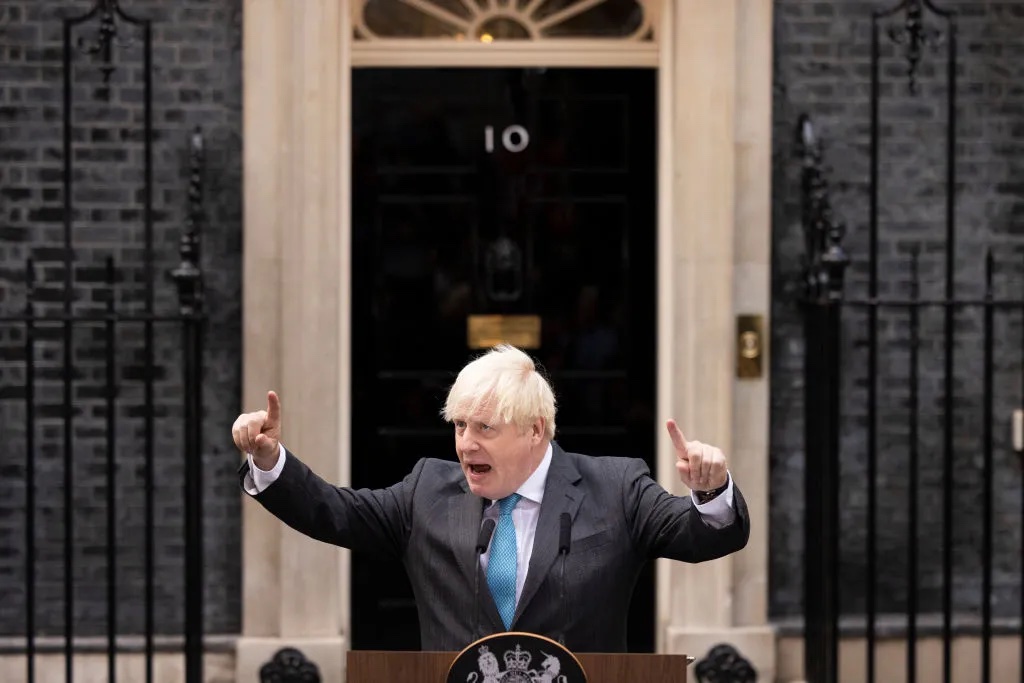So there you have it. Cambridge Analytica was ‘not involved’ in the 2016 EU referendum. The digital marketing firm that Remainers love to hate did not swing the British electorate towards Leave, as we were constantly told. In the words of the Guardian, no doubt uttered through gritted teeth, Cambridge Analytica did not ‘directly misuse data to influence the Brexit referendum’.
These are the conclusions of the Information Commissioner’s extensive three-year investigation into Cambridge Analytica. Throwing a big bucket of cold water on the chattering-class belief that Cambridge Analytica stealthily and probably illegally harvested people’s online data in order to manipulate our minds and make us vote Leave, the Information Commissioner Elizabeth Denham said yesterday that, in truth, CA was not a significant player in the referendum, ‘beyond some initial enquiries’.
What’s more, Denham and her office found no evidence to back up one of the key stories about CA — that it colluded with Russia to shift Brits towards Leave. Denham, in her letter to MPs outlining the findings of her investigation, says her staff uncovered no ‘additional evidence’ of Russian involvement in the referendum on the Cambridge Analytica computer servers they pored over.
Oh dear. It is difficult to recall the last time a theory collapsed so spectacularly. All those stories we were told about Cambridge Analytica — that it virtually puppeteered the electorate, that it was the shadowy force behind Brexit, that it cozied up to the Ruskies — have fallen apart. There is no hard evidence for these wild takes about CA.
Indeed, the Information Commissioner’s Office concludes that CA used online data in a fairly standard way. ‘On examination’, it says, CA’s methods were ‘well-recognized processes using commonly available technology’. That was always one of the most striking things about the anti-CA hysteria of the past four years – it struck many of us that this company was only doing what other political campaigns, including Barack Obama’s, had done, in terms of tapping into online data in order to build up potential audiences for political messages.
Are there questions to be asked about the security of our data on social-media sites? Of course. But the idea that CA was doing something uniquely sinister, that its digital marketing was somehow more evil and dastardly than other companies’ digital marketing, just doesn’t stack up. Neither does the idea that it deployed its sinister methods to swing Brits towards Brexit.
It is difficult to overstate how central the puffed-up, fact-lite Cambridge Analytica story was to the Brexit-bashing worldview of certain newspapers and campaigners. The Guardian even has a section on its website called ‘The Cambridge Analytica Files’, listing all the pieces it published on this apparently malevolent, Brexit-orchestrating organization. CA whistleblowers were fawned over by liberal campaigners and the Twitterati.
[special_offer]
The Observer, one of the most enthusiastic promoters of the borderline conspiracy theory that Brexit is the handiwork of nefarious data-mining companies and shady Russian elements, published pieces claiming that a ‘shadowy global operation’ involving CA and others ‘influenced the result of the EU referendum’. Oh really?
There always was a whiff of desperation to the Cambridge Analytica obsession. For some bruised, dazed liberals, horrified by Brexit, the tall tale about CA’s Machiavellian antics became the go-to explanation for why Remain lost the referendum. It couldn’t possibly be that millions of rational Brits, more than capable of thinking for ourselves, decided that it was time to leave the EU. No, something darker must have taken place. We must have been brainwashed. We must have been ‘got at’. Our data and our minds must have been mined by massive companies and possibly even Russian bots, telling us ‘VOTE LEAVE’.
It was a deeply patronizing view, depicting the electorate as putty-minded fools and calling into question the legitimacy of the largest act of free and fair democracy in the history of this country. That was always the twisted irony of the CA obsession: the anti-Brexit lobby told us that CA was harming democracy, but in truth it was their own ridiculing of the British electorate and efforts to criminalize the vote for Brexit that threatened to damage democracy in this country.
This article was originally published onThe Spectator’s UK website.

























